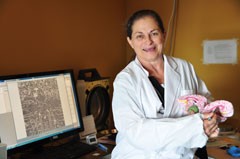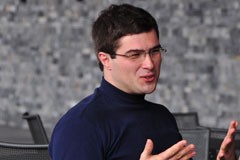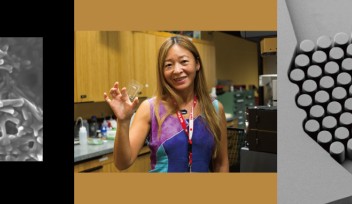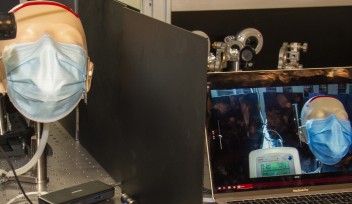Crossing Frontiers, a “Scientific Passport” Podcast
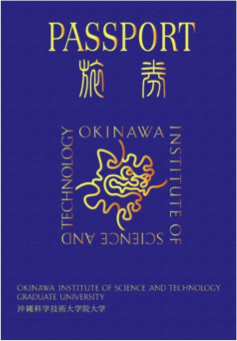
Part 5:
Pinaki Chakraborty, a Physicist from India explains why studying the motion of fluids, for example the turbulent churning and whirling movements of typhoons, can assist us in better understanding and coping with such adverse weather conditions.
[Listen to Podcast]
Part 4:
Masako Nakamura, Marine Biologist from Chiba, Japan speaks about sessile or immobile small animals referred to as benthos or benthic animals living at the bottom of the sea. She explains why studying larvae of those benthos assists in marine protection and conservation.
[Listen to Podcast]
Part 3:
Lars Goran Ofverstedt, a Swedish Structural Biologist talks about examining the structures of molecules in 3D using a new Transmission Electron Microscope.
[Listen to Podcast]
Part 2:
Marianela Garcia-Munoz, Neuroscientist from Costa Rica explains her enthusiasm for research on basal ganglia and underlines why OIST is the perfect place for science.
[Listen to Podcast]
Part 1:
Ivan Raikov, a Bulgarian Computational Neuroscientist at OIST gives us a glimpse of how computers can be used to model brain behavior.
[Listen to Podcast]
Specialties
For press enquiries:
Press Inquiry Form









